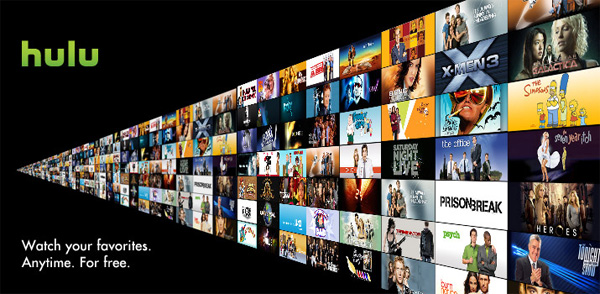 Hulu, the free online video site that runs many television shows and movies in their entirety, will start charging fees at some point, one of its owners said.
Hulu, the free online video site that runs many television shows and movies in their entirety, will start charging fees at some point, one of its owners said.
Hulu has struggled to make money despite its popularity as an ad-supported site. News Corp., which co-owns the site with NBC Universal, Walt Disney Co. and Providence Equity Partners, said it hasn’t decided what form the subscription model would take and is concentrating for now on delivering a good experience for users.
Chase Carey, News Corp.’s president and chief operating officer, said at a conference in New York on Wednesday that subscription fees could come as early as 2010. News Corp. Chairman Rupert Murdoch said last month that the company was considering charging for Hulu, but hadn’t made a final decision.
“Are we looking at it with a view of adding subscription services in there and pay-per-view movies? Yes, we are looking at that. No decision has been taken yet,” he said then at an analysts’ conference.
It was not clear how a potential purchase by Comcast Corp. of a controlling stake in General Electric Co.’s NBC Universal will affect Hulu. Talks are ongoing.
Hulu isn’t the only site planning fees as online operations struggle to make enough money from advertising alone.
Earlier Thursday, Cablevision Systems Corp.’s Newsday newspaper said it would start charging $5 a week for access to online content. Subscribers of Newsday’s print edition or Cablevision’s Internet access service would be exempted from fees.


